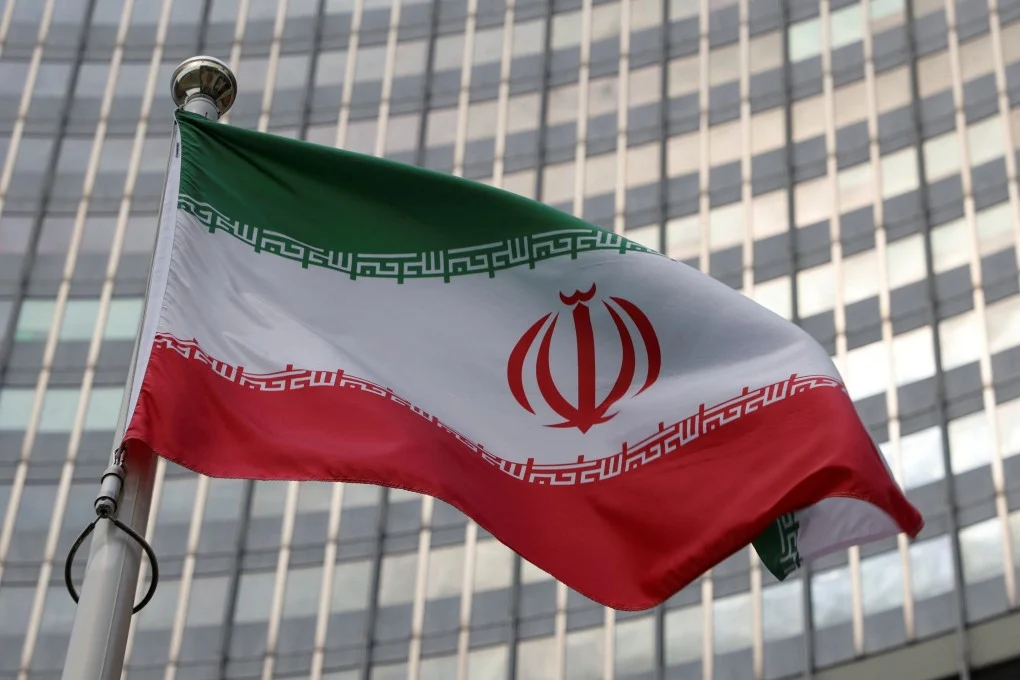
Iran’s Parliament has approved a controversial law that requires Iran to suspend cooperation with the International Atomic Energy Agency (IAEA), the nuclear watchdog of the United Nations, with near-unanimous backing of Iranian lawmakers. The law is a major escalation of Iran’s high-stakes atomic dispute with the international community. It follows several months of tumult over ramped-up nuclear inspections, sanctions, and disagreements on the regional geopolitical tensions in the Middle East.
Context
The IAEA has been integral to verifying Iran’s nuclear program, specifically after the Joint Comprehensive Plan of Action (JCPOA) concluded in 2015 between Iran and the P5+1 (the United States, United Kingdom, France, Russia, China, and Germany). Under the JCPOA, Iran agreed to curtail its nuclear activities in exchange for sanctions relief, and in return, Iran allowed the IAEA increased access to facilitate inspections.
The deal started to fall apart in 2018 when the U.S. pulled out of the deal and reimposed sanctions under President Donald Trump. Iran started to gradually break major provisions of the deal, including the limits on uranium enrichment. In 2021, following the Biden administration’s assumption of power, the indirect talks on the JCPOA started but failed to deliver a new deal.
The IAEA recently reported limited access to Iranian nuclear facilities, with increasing concerns of undeclared activity. Iran is now trying to formalize the reduction of cooperation, which it describes as a matter of national security and sovereignty, into legislation that is more formally imposed on the IAEA.
Iran frames this decision as a defense against what it regards as “weaponized diplomacy” by Western countries. Officials say the IAEA has become political and biased, primarily due to coordination with & cooperation with the U.S. and Israel. However, critics maintain that the law is a tactical measure to create leverage for future discussions and divert attention away from domestic issues, including economic difficulties and political dissent.
Iran’s leaders might also be using the bill to display strength and unity, following the internal unrest associated with the protests and before the presidential elections slated for 2025. By portraying nuclear autonomy as a patriotic issue, it unites nationalist constituencies and diverts public attention from rampant inflation and unemployment.
This isn’t the first time Iran has limited access to its nuclear facilities. In 2006, after a UN Security Council referral, Iran curtailed IAEA inspections and began the public enrichment of uranium. Also, in 2020, after the assassination of nuclear scientist Mohsen Fakhrizadeh, the Iranian parliament limited IAEA monitoring and passed a law demanding Iran increase enrichment levels.
These actions typically bring about cycles of escalation, distancing through increased sanctions, international condemnation, and threats of military action. It is a scenario that looks and sounds a lot like what we’ve seen in previous engagements with North Korea, eventually to the point of North Korea no longer being a party to the Non-Proliferation Treaty (NPT).
Implication
- Diplomacy and Interregional Relations: The suspension weakens bilateral diplomatic efforts by European nations to further achieve a solution between Iran and the U.S. Furthermore, it seems likely that France, Germany, and the UK would advocate for stronger economic sanctions or use snapback sanctions against Iran, utilizing the mechanisms established by the JCPOA.
- Region Security: Israel perceives a nuclear Iran as an “existential threat” and may choose to launch a pre-emptive strike against declared Iranian nuclear sites. This strategy could be a game-changer that destabilizes the region and provokes a clear confrontation with Gulf states, Hezbollah in Lebanon, and the U.S. interest in the region.
- Non-Proliferation Regime:
Iran’s move establishes a precedent that can erode international non-proliferation. Other nations can follow Iran’s example, reducing collaboration with the IAEA and in the process developing nuclear weapons capabilities under the guise of self-defense.
- Economic Impact: The move would most likely bring about further foreign sanctions, making Iran even more economically isolated. It would also add to the already dismal economic situation of Iran, with millions of its citizens affected in their daily lives due to the devaluation of the currency and additional trade restrictions.
The Iranian Parliament’s decision to suspend its cooperation with the UN’s nuclear watchdog is an inflection point in Iran’s nuclear story. Iran claims it has a sovereign right to suspend cooperation, but there is considerable political, diplomatic, and military risk in attempting to exercise that right. We know this from history: These steps often precede further isolation and confrontation. The international community now has an opportunity to balance pressure and diplomacy and to prevent further nuclear proliferation and another potential crisis over the Middle East.
The coming weeks will be important for the IAEA, the UN Security Council, and the WHO, as they each consider next steps and the possible remaining diplomatic off-ramps.
Keep reading questiqa.com

